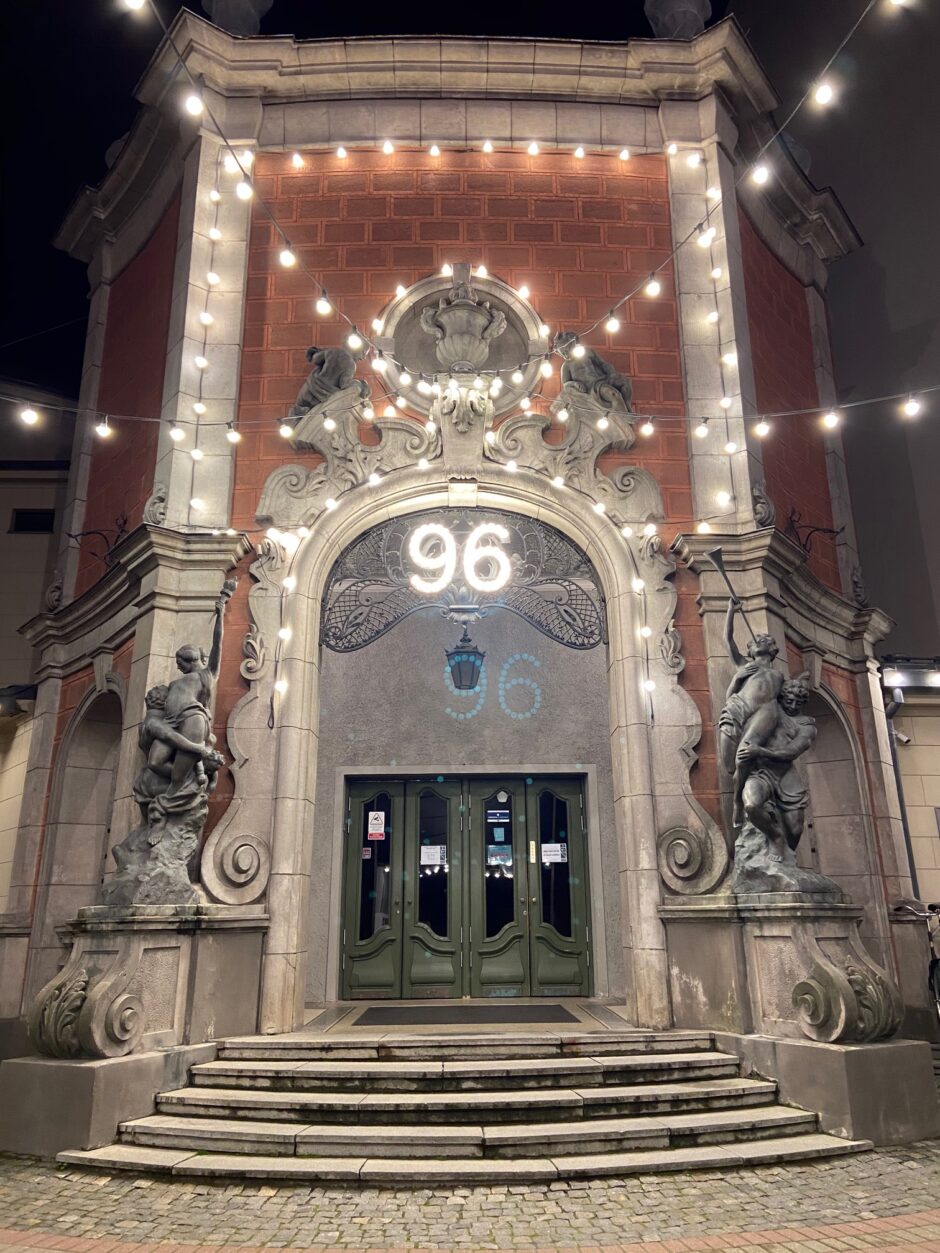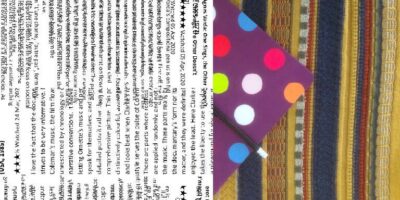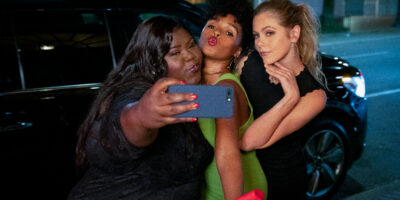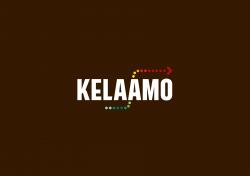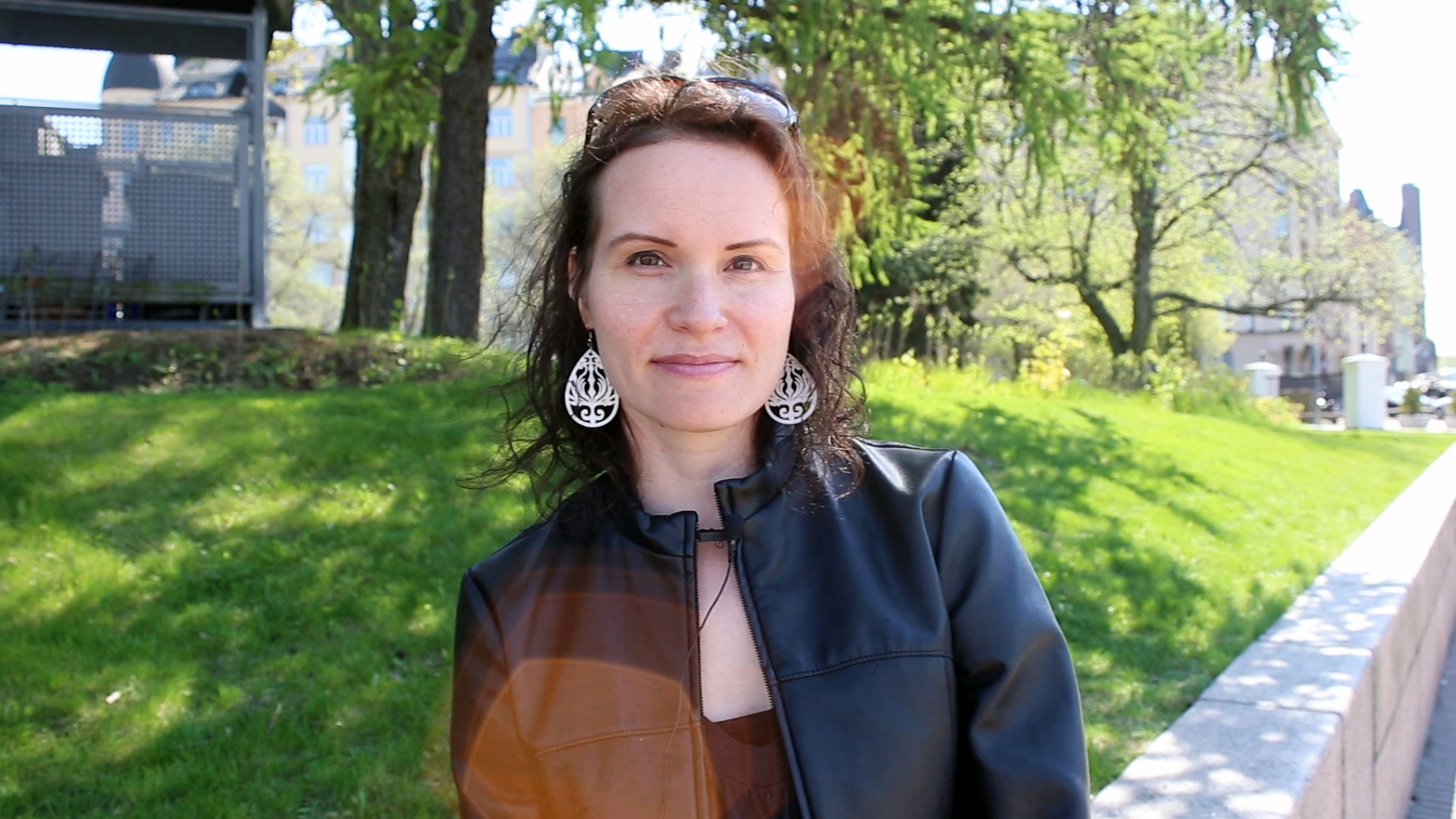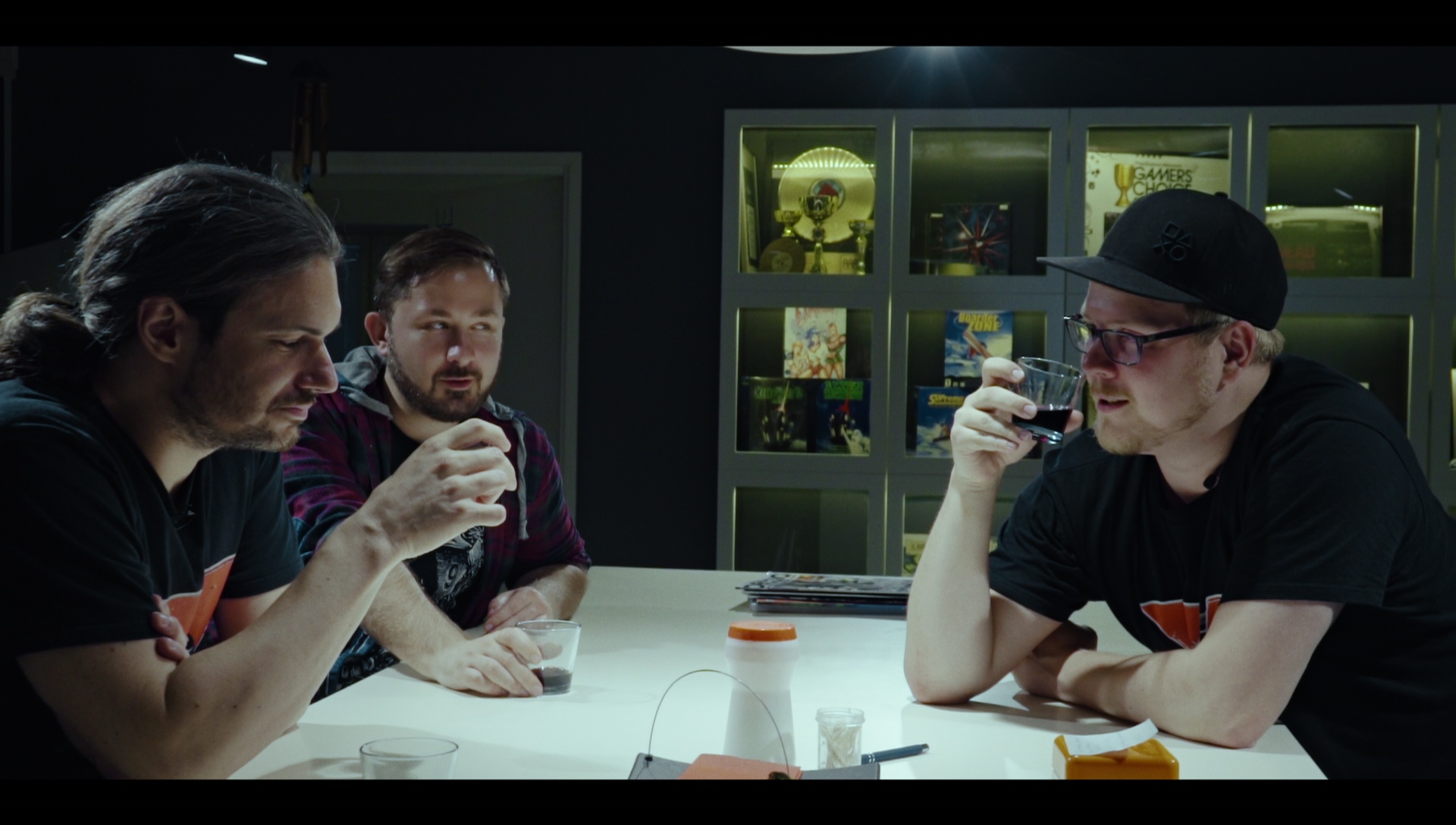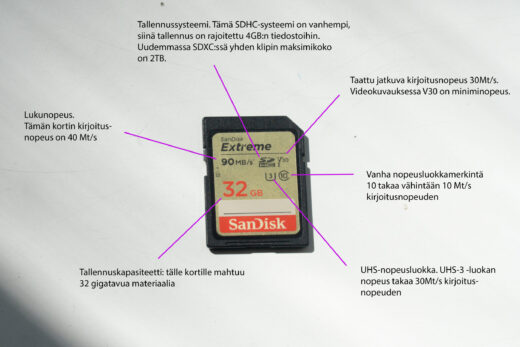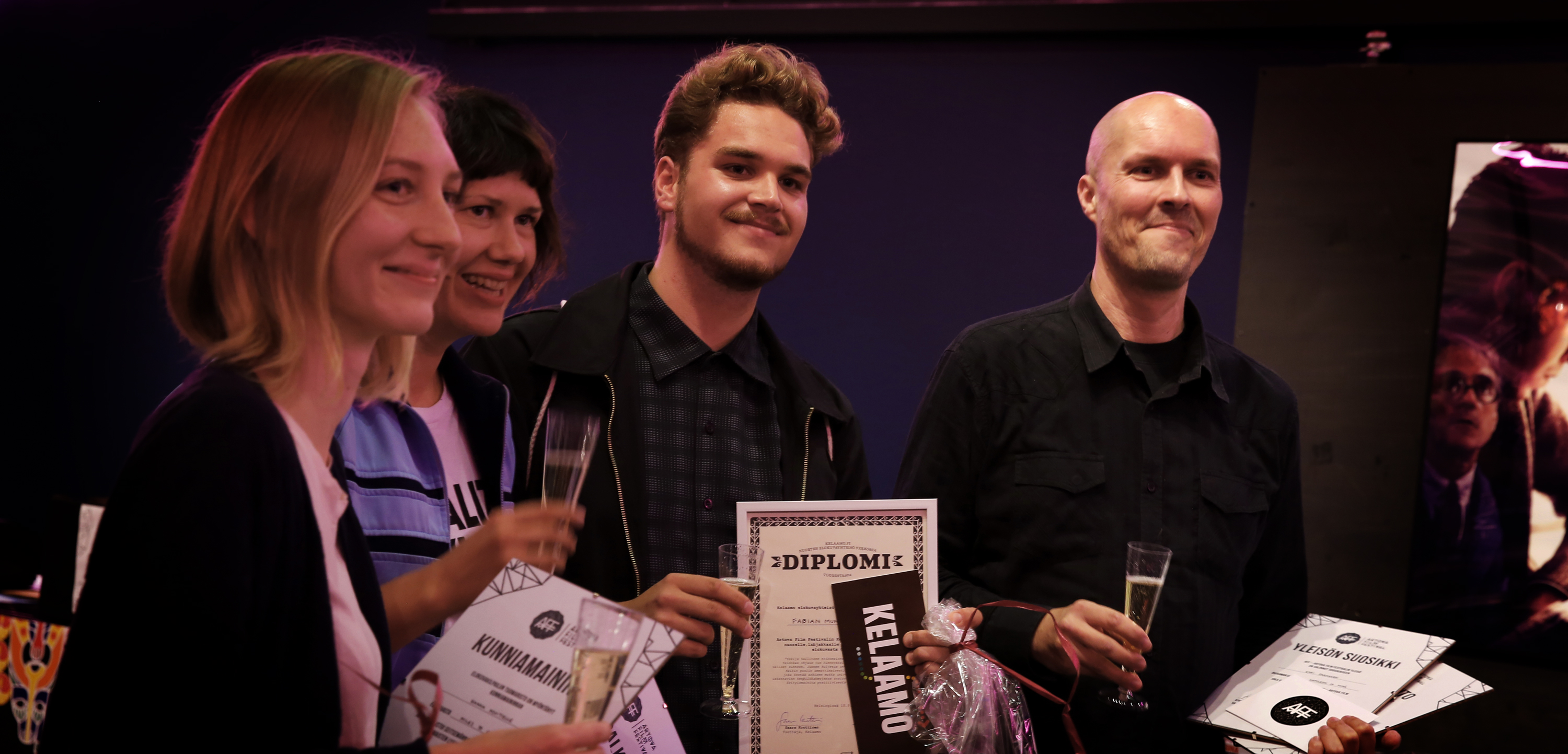The Riga Film Festival was about to start when I just happened to be in Latvia spending October there for an artistic residency, working on a script, what a nice coincidence!.
Visiting international film festivals always helps to have an overview of what other countries are working on, what kind of stories, issues and topics they want to talk about. Sometimes, just concentrating on one country´s bubble can affect our perception of what cinema is about.
Before Corona times, a visit to a Film Festival in another country was the perfect excuse to travel. Just those days in October, the virus started to rise for the very first time (Latvia was the greenest country in terms of covid until then) and it was intriguing to go probably to the last international film festival of the year in person in these weird times we are living in. Surrounded by locals, smelling and feeling the vibes of an audience still hungry to watch films on a big screen with safety distance and mandatory masks.
The festival was mainly taking place in the Splendid Palace (see picture above), a National Architectural Monument in Latvia that has a remarkable history for screening quality films since 1923. It was spectacular sitting there watching films: the theatre makes you travel in time with its Art-Decó style and it is true what they say: it´s a mandatory visit in Riga if you are a film lover.
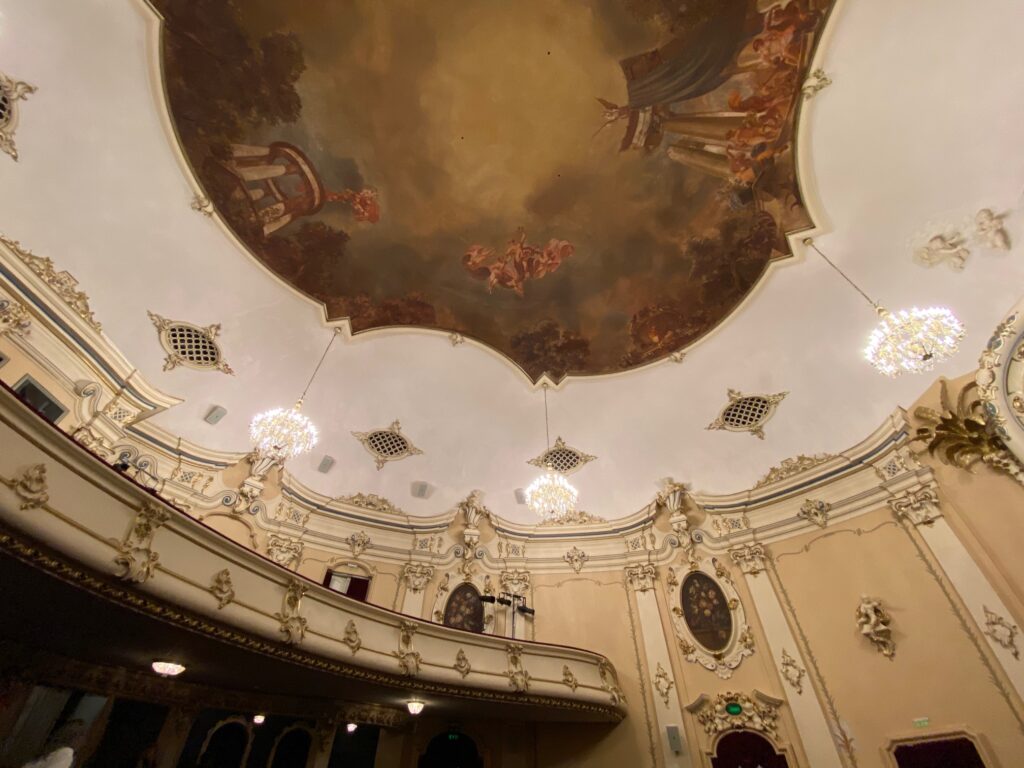
The opening night of the festival was special. It felt like we were in the ’90s and Eurovision was about to start: the long queue of well-dressed guests were introduced inside of the theater with some free fancy drinks made in Latvia given in the entrance. Once inside, we started to watch live streaming of an interview with some important organizers from the festival that was happening just where we left outside, a few meters away. The re-transmission in the theater had this kind of noisy look on the screen that it made feel that we were watching it from an old television coming from Soviet times.
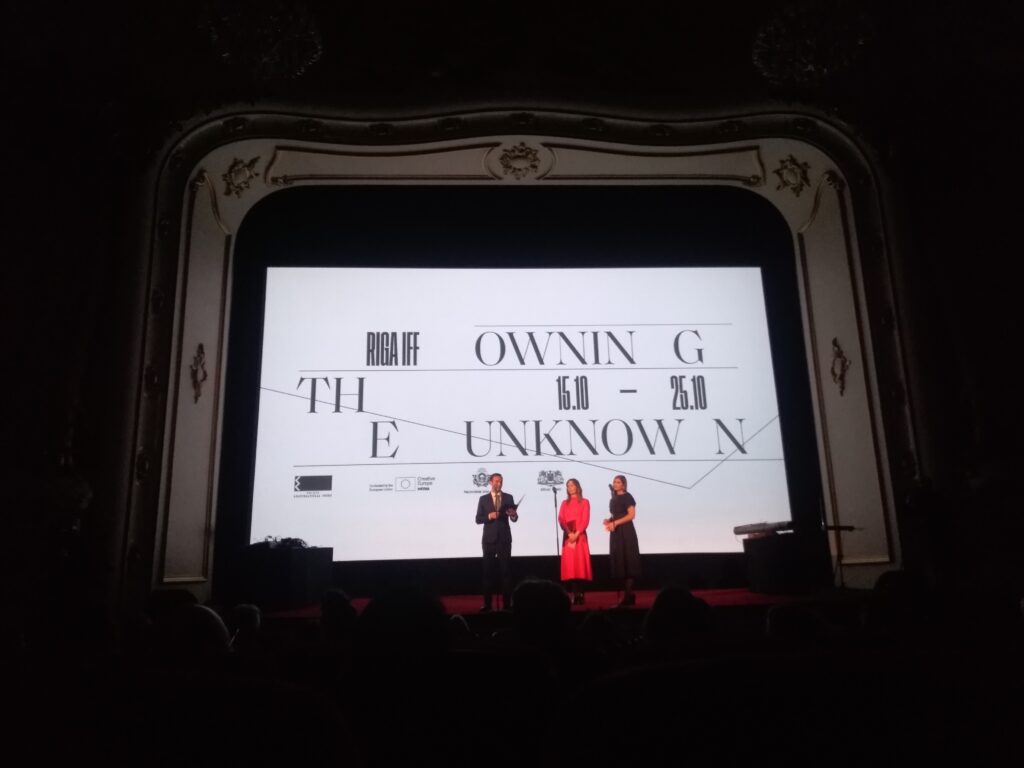
After that interesting beginning, we watched a small documentary about how the inauguration film was restored and following, the actual piece: Where is the truth?!: the oldest surviving feature film shot in the territory of Latvia in 1913. The film was performed with live music and it felt like a dream (especially in these times where attending a live concert is something weird). Afterwards, in the after-party organized outside with free drinks, I had the chance to speak with a local that told me that sometimes he works in the film industry helping the production companies to find locations for their films and he would like to be a film director in the future. It was indeed an interesting day.
Some remarkable films seen at the Festival:
Short films
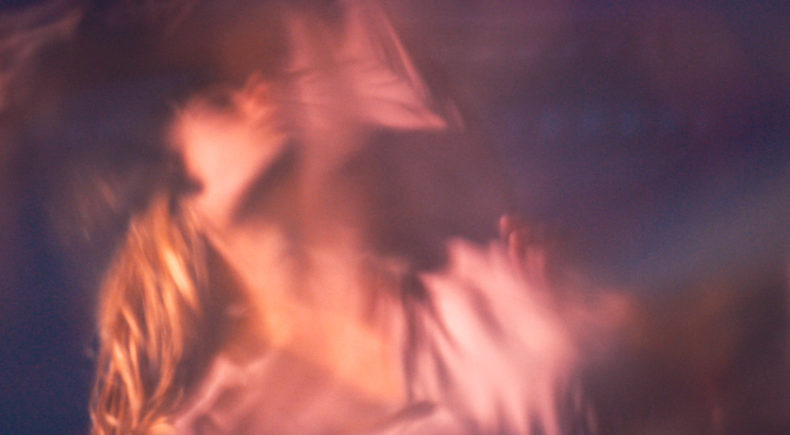
They Salivate by Ariane Boukerche, 2020
An abstract and weird film talking about issues like power control, passion and relations through one main element: SALIVA.
The End of Suffering (a proposal) by Jacqueline Lentzou, 2020
The perfect method to deal with loneliness and depression: being contacted by forces in the outside universe. I will sign for that kind of therapy.
Where to Land by Sawandi Groskind, 2020 (*The Finnish highlight)
Enigmatic encounter in a remote island between a young man and a lost woman, finding comfort in each other.
Feature films
Loving Couples by Mai Zetterling,1964
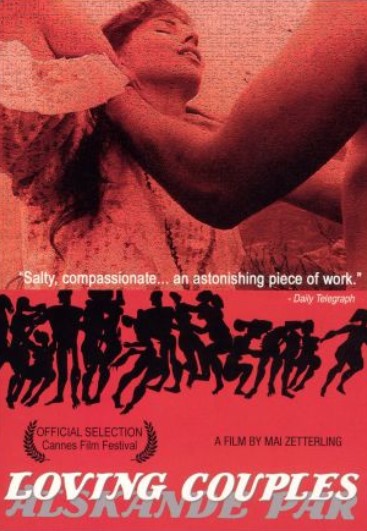
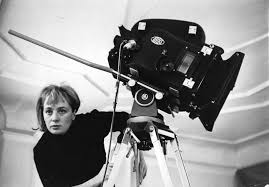
The meaning of bringing a new life to this world when love is missing in the relationship. The struggle of many women coming to terms with their birth alone or with a dismissive partner.
English theatre critic Kenneth Tynan gave Mai Zetterling’s Loving Couples (’64) high praise as “one of the most ambitious debuts since Citizen Kane.” It was banned from screening at the Cannes Film Festival. It was said about her that she “directs like a man” because of its overt sexuality and explicit nature.
Last and first men by Jóhann Jóhansson, 2020
The last pearl that Jóhann Jóhansson left us in this world. An enormous masterpiece in terms of music and image that cannot be dismissed.
Martin Eden by Pietro Marcello, 2019
Is it worthy to pursue your dreams fighting against the waves from society? How many sacrifices are you able to take in your account? Martin Eden is a young man coming from a poor family that wants to become a writer.
Kubrick by Kubrick by Grégory Monro, 2020
A unique document where Kubrick talks about his insights of directing and where actors from his films talk about his work. Like the actor from A Clockwork Orange saying things like that Kubrick liked to arrive at the set without a plan, without knowing how to shoot a scene. “Just true artists know how to take advantage of the moment and the place”. They were also shooting new scenes decided the same day. And then they were filming so many takes that they were losing the notion of time and place and that’s why they were getting so deep into it.
“Pioneering women in film” -exhibition
Another remarkable thing inside of the Riga Film Festival 2020 was the exhibition “Pioneering women in film” organized with the collaboration of the Swedish Embassy, giving representation, diversity and gender-parity in the filmmaking world that aims for 50/50. Including also three films with a unique style and viewpoints: Mai Zetterling’s Loving Couples (1964) (already mentioned before) Karin Swanström’s film Girl in Tails (1926) and Aniara by directors Pella Kågerman and Hugo Lilja.
Let’s hope we all soon get the remedy against the virus and we can enjoy international festivals again in person to escape from our respective film bubbles.
I would say Riga is definitely a good place with a special charm that you cannot escape from. Many surroundings in the city make you feel that it is the perfect location for a film. And if you combine visit + festival is a win-win.

Video archive, masterclass and inspirational lectures
Psst…don’t leave yet!: The Festival just published a video archive of documents where you can watch: the retransmission in the Latvian tv of Where is the truth?! (from 00:40 min starting the live concert) a Masterclass by Gints Zilbalodis (a Latvian filmmaker and animator) and other inspirational lectures among others.
-Támara Aalto

